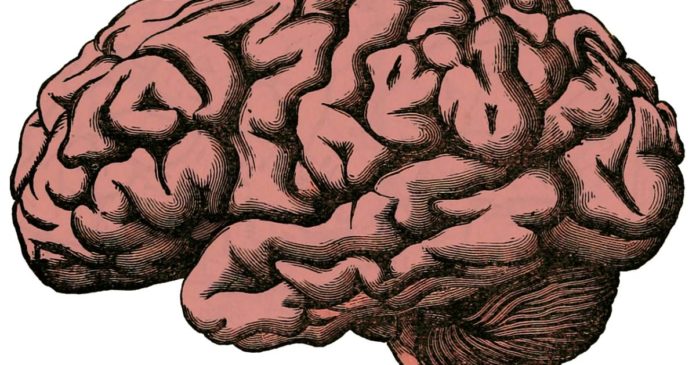Is cannabis use a friend or foe to people living with HIV – or perhaps a bit of both? A new study will be delving into this question.
Cannabis consumption for recreational and medicinal purposes is reportedly disproportionately high among people living with HIV (PLWH)*. But while PLWH could be at increased risk for cannabis use disorder, it may also offer benefits such as an anti-inflammatory effect.
Researchers think HIV-related inflammation contributes to long-term health challenges in patients, including cognitive deficits. Up to half of those living with HIV may experience cognitive decline such as working memory and attention loss.
“Yet, whether cannabis is therapeutic or detrimental on the central nervous system (CNS) of PLWH remains controversial, highlighting the need for well-controlled studies generating reproducible data from specific cannabinoids, brain regions, and CNS cell types,” says Weill Cornell Medicine.
Weill will be taking a crack at generating reproducible data thanks to a five-year, $11.6 million grant from the National Institute on Drug Abuse (NIDA) of the National Institutes of Health.
Principal investigator Dr. Lishomwa Ndhlovu and his team will examine brain tissue samples collected from human patients after death (40 donors – cannabis and non-users) and from non-human animal models; examining gene activity and the mechanisms controlling it within individual cells in several brain regions. One of these regions is the hippocampus, which has a major role in learning and memory.
The researchers’ central hypothesis is cannabinoids could be used as treatment to improve the damaging effects of HIV on the brain and nervous system. This could work by increasing the growth and longevity of young nerve cells, while also decreasing inflammation in glial cells – non-neuronal cells in the central nervous system and the peripheral nervous system.
“It’s unclear how different types of brain cells react to cannabis in the context of HIV,” says Dr. Michael Corley, who is also leading the research. “New single-cell technologies will allow us to map these changes at a resolution high enough to examine the effects on specific cell types.”
The project kicked off a couple of weeks ago and will finish at the end of March 2028.
*According to this paper, approximately 77% of HIV-infected adults report lifetime marijuana use, and approximately a quarter of HIV-infected adults report current marijuana use compared to only 6.7% of their uninfected counterparts.


